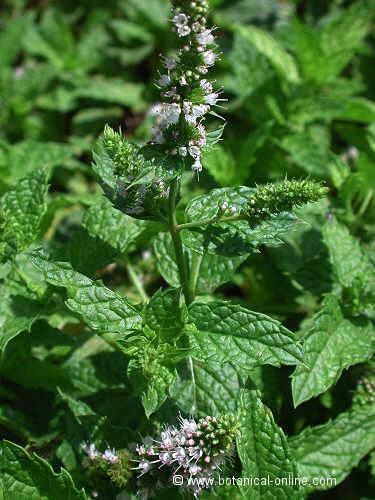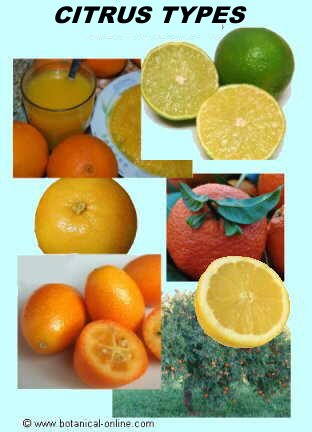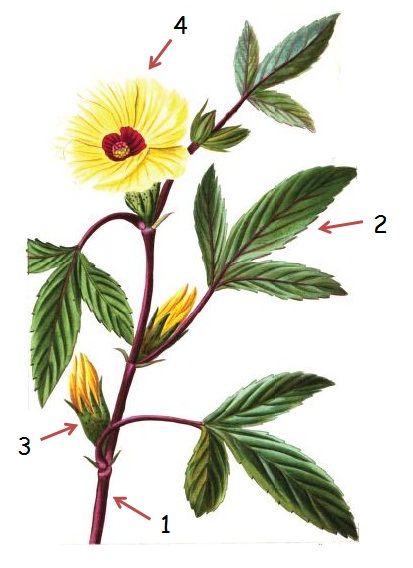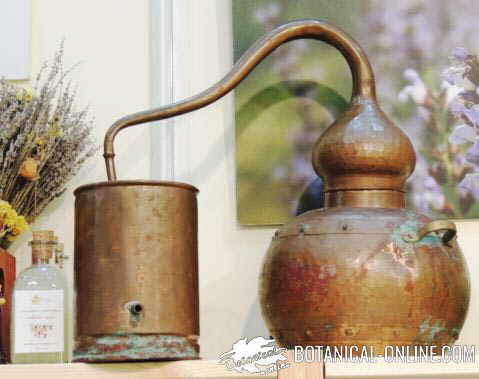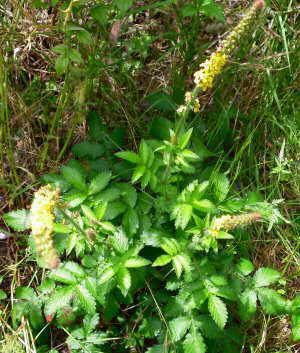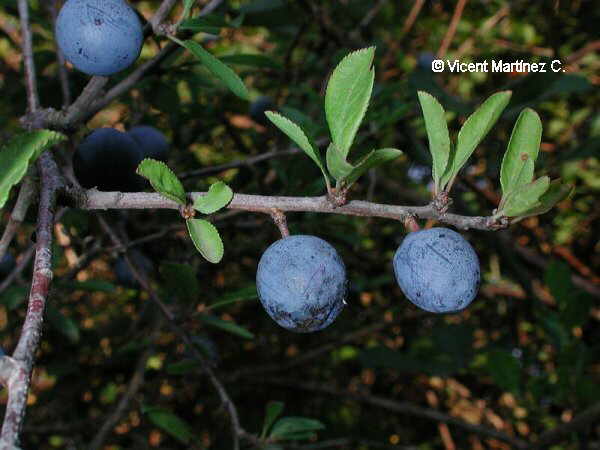Contents
Uses of juniper
Juniper as a gardening plant
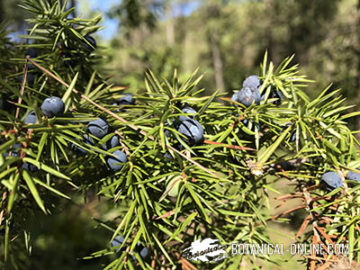
There are approximately 400 species of juniper (Juniperus). Many of them are located on poor soils play an important role in their ecosystems.
Junipers have been introduced much in the public gardens as an ornamental.
Its ability to withstand adverse weather conditions, pollution, pests and diseases are the most important factors when used as gardening plant.
Industrial uses of juniper
The common juniper wood is fragile but very resistant to putrefaction due to its content in essential oils. Not too much used as farm and timber tree except in Scandinavia where it is used primarily for tool handles production and container manufacturing.
In Lapland they use common juniper bark for making ropes.
Juniper berries used as food
The berries of the juniper are rich in sugars and have a resinous aroma. Some Indian tribes use the dry berries of this plant to produce flour with which they make a type of bread. These same dry berries have been used as a coffee substitute.
Juniper berries for the production of spirits: Gin
Juniper berries are especially known in the liquor industry because they are used for the manufacture of gin. In fact the word ” gin” derives from the French common name, “genévrier”.
Gin is an alcoholic beverage based on distillation in a traditional way, with barley and other grains and then flavored by juniper berries and other herbs. This is a type of very dry alcoholic beverage which is used as the basis of many cocktails when combined with other sweet drinks such as vermouth or martini.
![]() More information on juniper tree
More information on juniper tree


